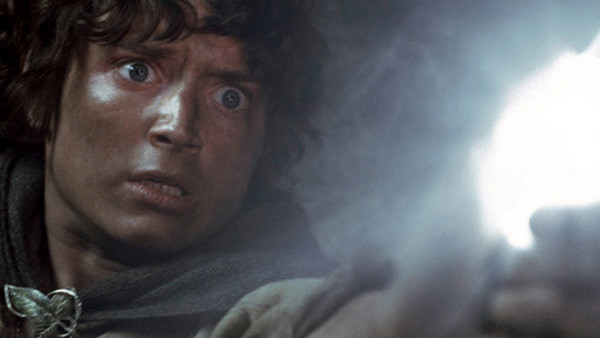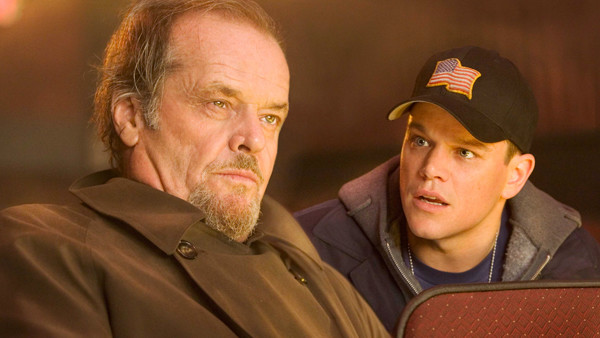10 Great Movies That Were Almost Ruined By Bad Editing
When films succeed despite an editor who refused to cut the sh**.

Orson Welles once said that "the notion of directing a film is the invention of critics - the whole eloquence of cinema is achieved in the editing room.”
The role of the film editor has always been something of a mystery to those looking in at Hollywood from the outside, with the finer details of what the job actually entails and how much importance it holds often up for debate.
Generally speaking, it will fall to the editor to select the shots, angles, and takes that will eventually make the completed movie. They have to choose when to cut away from one actor to another, decide what the focus of the scene should be, and rearrange/remove lines, exchanges, and entire sequences that don't work.
With that in mind, it's hard to argue against the importance of a good editor. While it may not be the most rewarding job in terms of recognition (good editing by definition isn't meant to be noticed), the editor has a direct influence on every aspect of a movie, from the look and the overall pace of the story to the impact of each individual performance.
They shoulder a great deal of responsibility, and when they get it wrong it is normally fatal for the film, though not always. Sometimes, if a film is based on a strong script, contains enough memorable performances, and has a director with an express vision, it can achieve greatness despite a botched editing job.
From Spielbergian cult films to modern Scorsese classics, here are 10 great films that were almost ruined by bad editing...
10. The Departed (2006)

With a Certified Fresh Rotten Tomatoes rating of 91%, The Departed was hailed as Martin Scorsese's best work for a decade. The legendary director took a gritty little crime story and turned it into a highly violent, deeply engrossing street opera, though not everyone claimed to share the euphoric cinematic experience that most critics seemed to have.
The Departed, while undeniably a great film with some great actors, is cheapened at times by sloppy editing. Throughout the movie there are mismatched eye-lines and cuts that don't line up, with actors jumping from spot to spot and beer cans, cigarettes, and spoons switching hands at random, if not vanishing all together.
Another issue with the way The Departed was edited was the over-using of quick-cuts, a technique that, if used well, can give an action or a thriller the bursts of energy they rely on. When used in excess, however, it can be dizzying to the point of off-putting. The film included a total of 3200 cuts, meaning the average length of a shot was 2.7 seconds.
Compared to Scorsese's earlier work, this cut-rate is extremely high - Taxi Driver had an average shot length of 7.3 seconds, whereas Mean Streets and The King of Comedy both averaged 7.7. It could be argued that they were simply paying homage to the high octane Infernal Affairs (The Hong Kong thriller on which The Departed was based), though that film was better edited.
Where Infernal Affairs manages to convey the atmosphere of Hong Kong perfectly, the final cut of The Departed uses so many close-ups and tight shots that you lose a sense of place. Because of the unmistakable accent we know the film is set in Boston, but the film lacked enough location establishing shots to really suck us into the city itself.